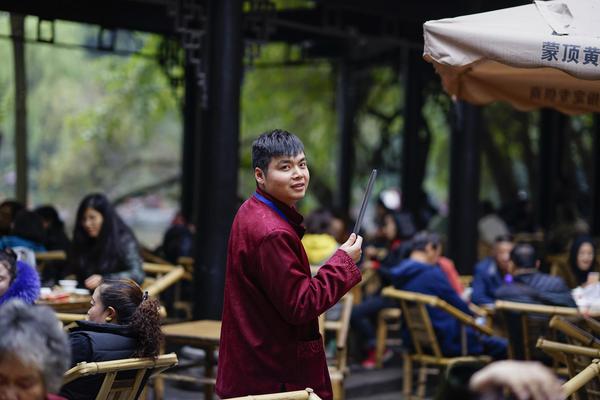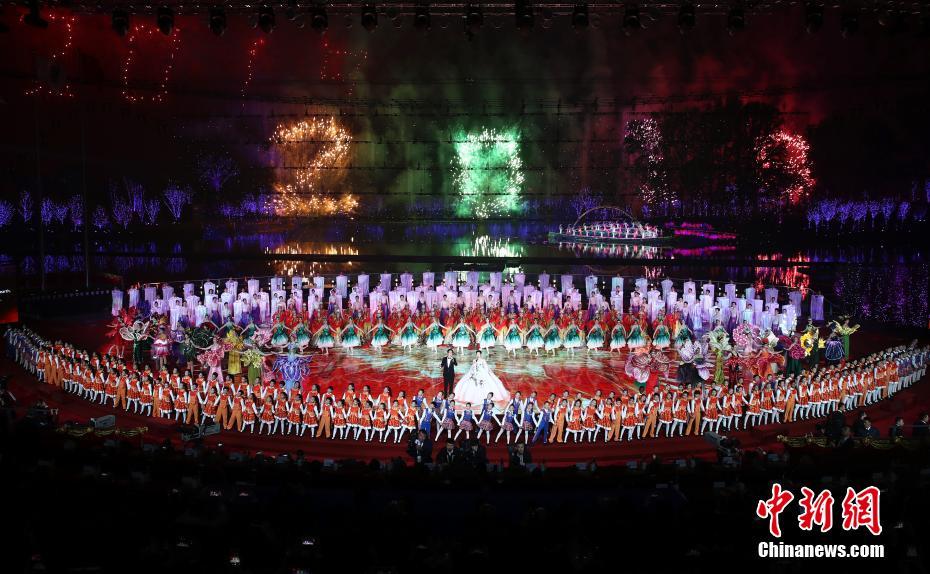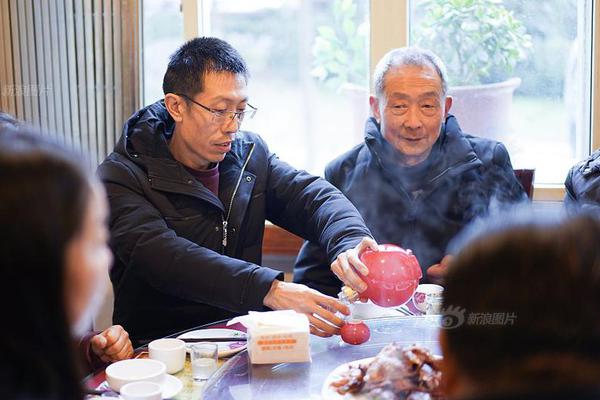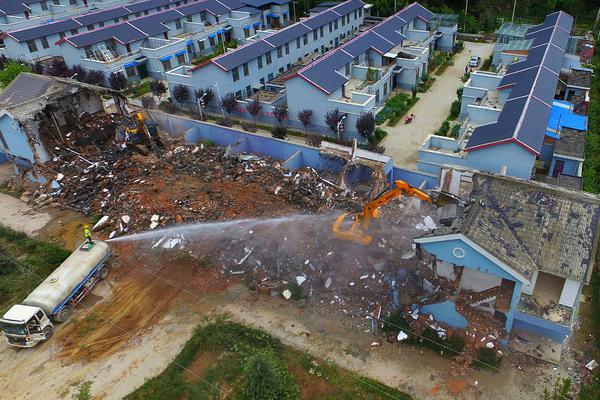Although robots may soon go to space,monrroe the erotice review it's still difficult to build one that people genuinely want around the home and office.
Marita Cheng thinks she's succeeded. Based in Melbourne, her company Aubot has built a telepresence robot that can be controlled by the brain. Although it's particularly useful for people with disabilities who have limited mobility, Cheng thinks it could also be helpful for a range of users.
Basically, she's cancelled your sick day: "Rather than missing out on work when they're sick, they can send the robot to work," she told Mashable. "They can still go to meetings at work by putting on this headset and participating via our telepresence robot."
SEE ALSO: The new dating app that aims to include people with disabilitiesWhile telepresence robots are widely available on sites like Amazon, Cheng said her robot, the Teleport, is different thanks to its off-the-shelf brain control interface, the MindWave. In Cheng's words: "all someone has to do is think, and the robot will move."
The MindWave measures electrical activity in the brain, along with a movement sensor that is placed on the forehead. The robot moves if a user concentrates over a certain threshold -- around 70 percent, for example. To toggle between moving forwards, backwards, left or right, they simply blink twice.
The robot itself has sensors to avoid collisions as well as a wide angle lens. Almost two metres tall, it costs A$3,800, while the MindWave can cost around A$200. The robot's battery life is six hours, so it lasts almost the whole day at the office.
Cheng believes robots have immense potential in hospitals, eldercare and in disability care.
"[Aubot has] been building robotic arms for people with disabilities for years now," she explained. "Through talking to various thought leaders and industry leaders who are really excited about brain reading technology for prosthetic limbs and robots ... I thought, let's apply it to something that already exists in the market. Let's apply it to a robot that has real use cases."
While robotics is a fast-developing field, Cheng suggested it's important to create viable, commercially available solutions whenever possible. In the case of the Teleport robot, existing technology meant it was possible to build a new solution quickly.
 Original image has been replaced. Credit: Mashable
Original image has been replaced. Credit: Mashable "I think people are still trying to figure out what we could make for a mass consumer market that's affordable, that really resonates with the end user, but is also useful," Cheng explained.
Of course, it's also vital to build what people want. "You need to know who the end user is and work with them closely, and deliver a solution to them in a way that they want," she said.
For many people with disabilities, it's often irritating (and pricey) when they are forced to use technology specifically designed for them rather than being able to access broad consumer products.
Of course, the Teleport is not affordable at A$3,800, but Cheng argued it's only an extra A$200 or so for people with limited mobility to access the brain-reading functionality. "They're not paying thousands of dollars more to access the same technology," she said.
Pointing to the success of iRobot's Roomba, Cheng added that it's important to "laser focus" on a particular problem and solve it when making robots.
"They've sold millions of vacuum cleaning robots around the world, and they've spawned many copycat companies," she added. "If you think about it, it's got a very niche, well-defined vertical. So I think other robotics companies should do that as well -- solve specific problems and get the cost down so many people can afford it."
(Editor: {typename type="name"/})
 Today's Hurdle hints and answers for April 23, 2025
Today's Hurdle hints and answers for April 23, 2025
 Apple MacBook Air deal: $899 at Best Buy
Apple MacBook Air deal: $899 at Best Buy
 Samsung Galaxy S25 Ultra vs S24 Ultra: What are the upgrades?
Samsung Galaxy S25 Ultra vs S24 Ultra: What are the upgrades?
 Australian Open 2025 livestream: Watch live tennis for free
Australian Open 2025 livestream: Watch live tennis for free
 Apple is reportedly still working on smart glasses of some kind
Apple is reportedly still working on smart glasses of some kind
The Beatles biopic casts all the internet's boyfriends in one movie
 Great news for anyone with an internet connection and the ability to yearn: the internet's boyfriend
...[Details]
Great news for anyone with an internet connection and the ability to yearn: the internet's boyfriend
...[Details]
Best Samsung The Frame TV deal: Save $700 at Best Buy
 SAVE $700:As of Jan. 24, the 65-inch Samsung The Frame TV is on sale at Best Buy for $1,299.99. That
...[Details]
SAVE $700:As of Jan. 24, the 65-inch Samsung The Frame TV is on sale at Best Buy for $1,299.99. That
...[Details]
Google and Apple Maps still list Gulf of Mexico, not America, per Trump's order
 President Donald Trump hit the ground running after his inauguration last Monday, making sweeping ch
...[Details]
President Donald Trump hit the ground running after his inauguration last Monday, making sweeping ch
...[Details]
Best Samsung deal: Get a free $100 Amazon gift card when preordering the Samsung Galaxy S25+
 GET A FREE $100 AMAZON GIFT CARD:Preorder the new Samsung Galaxy S25+ (256GB or 512GB, unlocked) and
...[Details]
GET A FREE $100 AMAZON GIFT CARD:Preorder the new Samsung Galaxy S25+ (256GB or 512GB, unlocked) and
...[Details]
Classified Zuma spacecraft may have failed after SpaceX launch
 Just call it Schrödinger's rocket launch.A classified government mission launched to space atop
...[Details]
Just call it Schrödinger's rocket launch.A classified government mission launched to space atop
...[Details]
Best Hisense TV deal: Save $100 on the 65
 SAVE $100: As of Jan. 24, Hisense 65-inch QD7 QLED 4K UHD Smart Google TV is on sale at Best Buy for
...[Details]
SAVE $100: As of Jan. 24, Hisense 65-inch QD7 QLED 4K UHD Smart Google TV is on sale at Best Buy for
...[Details]
 Sellers on eBay have capitalized on TikTok's uncertain fate in the U.S. by selling secondhand phones
...[Details]
Sellers on eBay have capitalized on TikTok's uncertain fate in the U.S. by selling secondhand phones
...[Details]
What are immigration red cards? How the internet is rallying behind undocumented workers
 In the wake of Trump's sweeping promises to "reform" the country's immigration processes, crackdown
...[Details]
In the wake of Trump's sweeping promises to "reform" the country's immigration processes, crackdown
...[Details]
Elon Musk's space Tesla actually served an engineering purpose
 Launching a Tesla Roadster into outer space may have been ridiculous, but the vehicle is far from be
...[Details]
Launching a Tesla Roadster into outer space may have been ridiculous, but the vehicle is far from be
...[Details]
Samsung Galaxy Unpacked 2025 live updates: Galaxy S25 series, AI tools, and more
 Just when you thought you could catch your breath after CES 2025, Samsung is gearing up for a major
...[Details]
Just when you thought you could catch your breath after CES 2025, Samsung is gearing up for a major
...[Details]
接受PR>=1、BR>=1,流量相当,内容相关类链接。